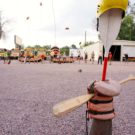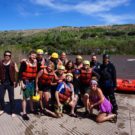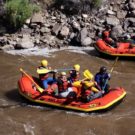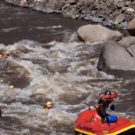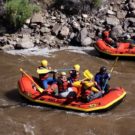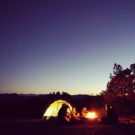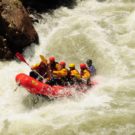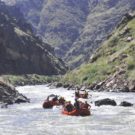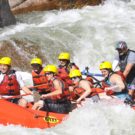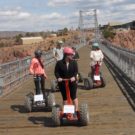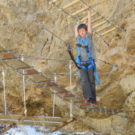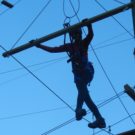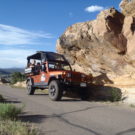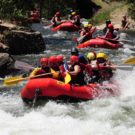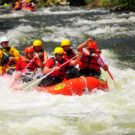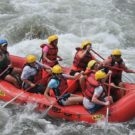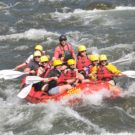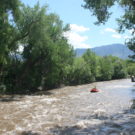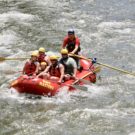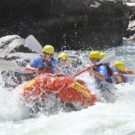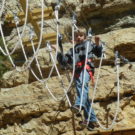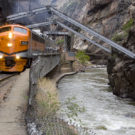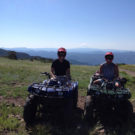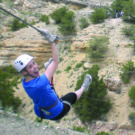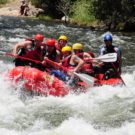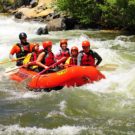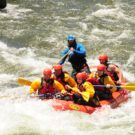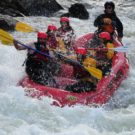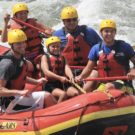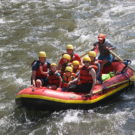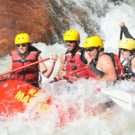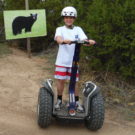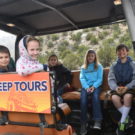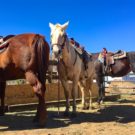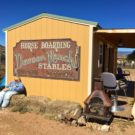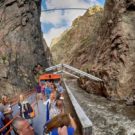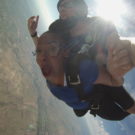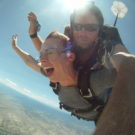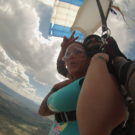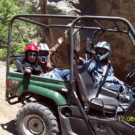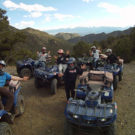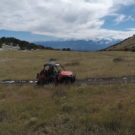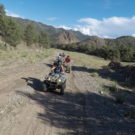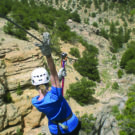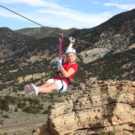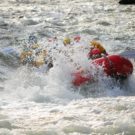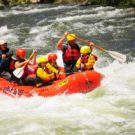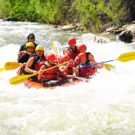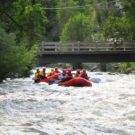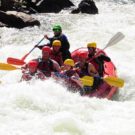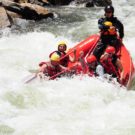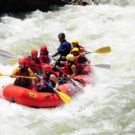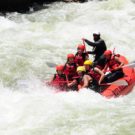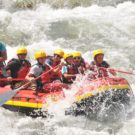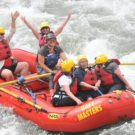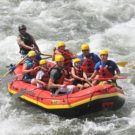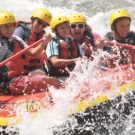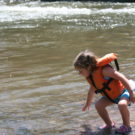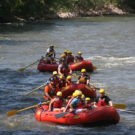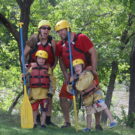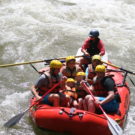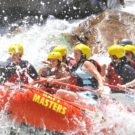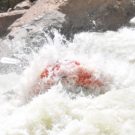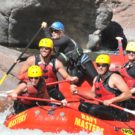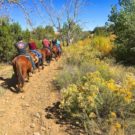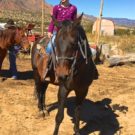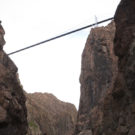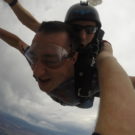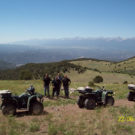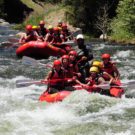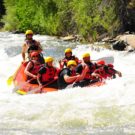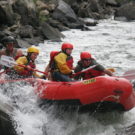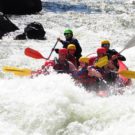Being a River Raft Guide
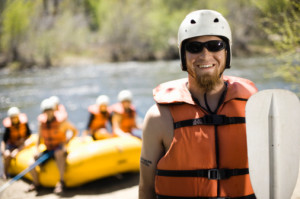 If you can’t think of anything more thrilling than a life spent on the open … well, river … then becoming a raft guide might be for you. The water’s fast pace combined with the slower tempo of outdoor life is admittedly an appealing combination, especially in today’s work-driven, electronics-fueled world. After all, the freedom of raft guiding is undeniable. If you become a rafting guide, you can count on spending long summer days introducing guests to whitewater thrills as well as the quirks of your stretch of river. Your uniform for the day requires nothing more than shorts, sandals and a lifejacket; your office is the great outdoors. But how do you get there?
If you can’t think of anything more thrilling than a life spent on the open … well, river … then becoming a raft guide might be for you. The water’s fast pace combined with the slower tempo of outdoor life is admittedly an appealing combination, especially in today’s work-driven, electronics-fueled world. After all, the freedom of raft guiding is undeniable. If you become a rafting guide, you can count on spending long summer days introducing guests to whitewater thrills as well as the quirks of your stretch of river. Your uniform for the day requires nothing more than shorts, sandals and a lifejacket; your office is the great outdoors. But how do you get there?
Your best bet is to prepare yourself for the job before trying to get into a river raft guide program. While the programs take all comers, it is a somewhat strenuous occupation that requires grit and stamina. Before applying, you should do a little strength training to make sure your arms and core are up to the task of muscling oars around several hours a day. Ladies, don’t let this scare you: Plenty of the best guides are women!
Besides, training is not as difficult as you might think. Most rafting training courses seek to introduce potential guides to the challenges they’ll face on the river in a controlled environment before turning them loose. Raft Masters, for instance, offers a three-week-long raft guide training course that provides guides with the skills and knowledge they need to provide safe, enjoyable trips for summertime thrill seekers. While this course is more rigorous than others, Raft Masters is known for producing the best guides around. Wherever you decide to get trained as a river rafting guide, seek out a reputable, thorough program for the best chance of getting hired and making good money.
Being a Raft Guide
Of course, money is the rub. Keep in mind that if you choose to become a rafting guide, you’ll need to find employment off-river for much of the year. Typically rafting season runs between May and September, at the latest, after which vacationers go home and the water gets much lower, and colder! Most river rafting guides find alternate employment during this time by returning to their regular occupation, doing odd jobs or working construction. You might hook up with a ski resort to teach classes, work as a patroller or bartend. Whatever the case, river rafting guides can count on summer employment only, so you should be prepared to look elsewhere for part of every year.
If this sits well with you, then great! It’s time to build your business. When you first hook up with a company, you should expect to spend a little time hustling. Because most rafting companies assign trips by seniority, rookie rafters usually start out working on busy weekend days, with less frequent weekday trips going to senior guides. Never fear: By showing up every day, you not only prove your enthusiasm, you stand the chance of picking up an extra trip or taking one over from another guide who wants a day off or to leave early. With dedication, you’ll soon have a full summer schedule of your own.
While your rafting certification doesn’t cover other crafts, such as canoes and kayaks, getting river experience is always a plus when it comes to finding more work and expanding your horizons. This is a good way to open yourself up to employment opportunities and improve your overall rafting resume, as well as a great vantage point from which to view your river.
After all, you can’t touch the same water twice, right?



